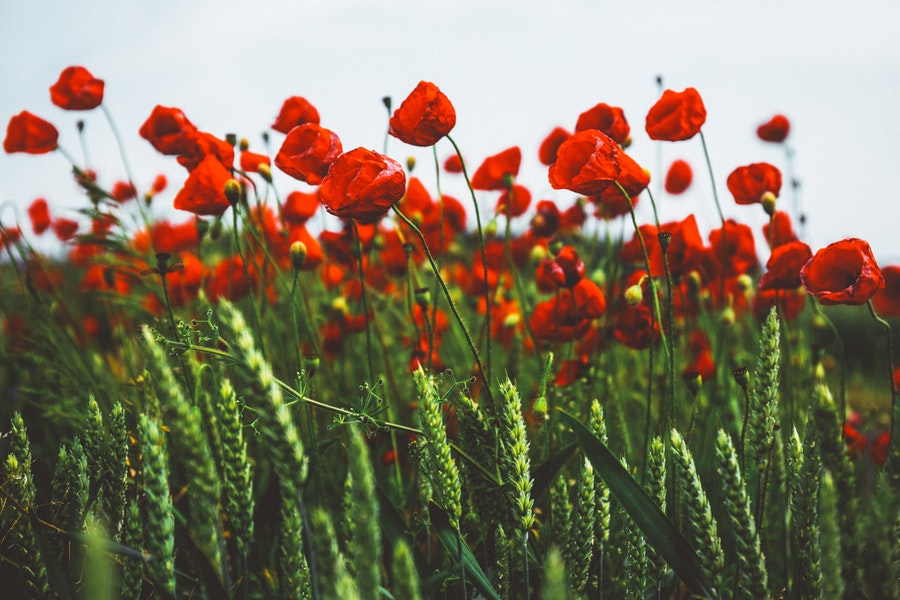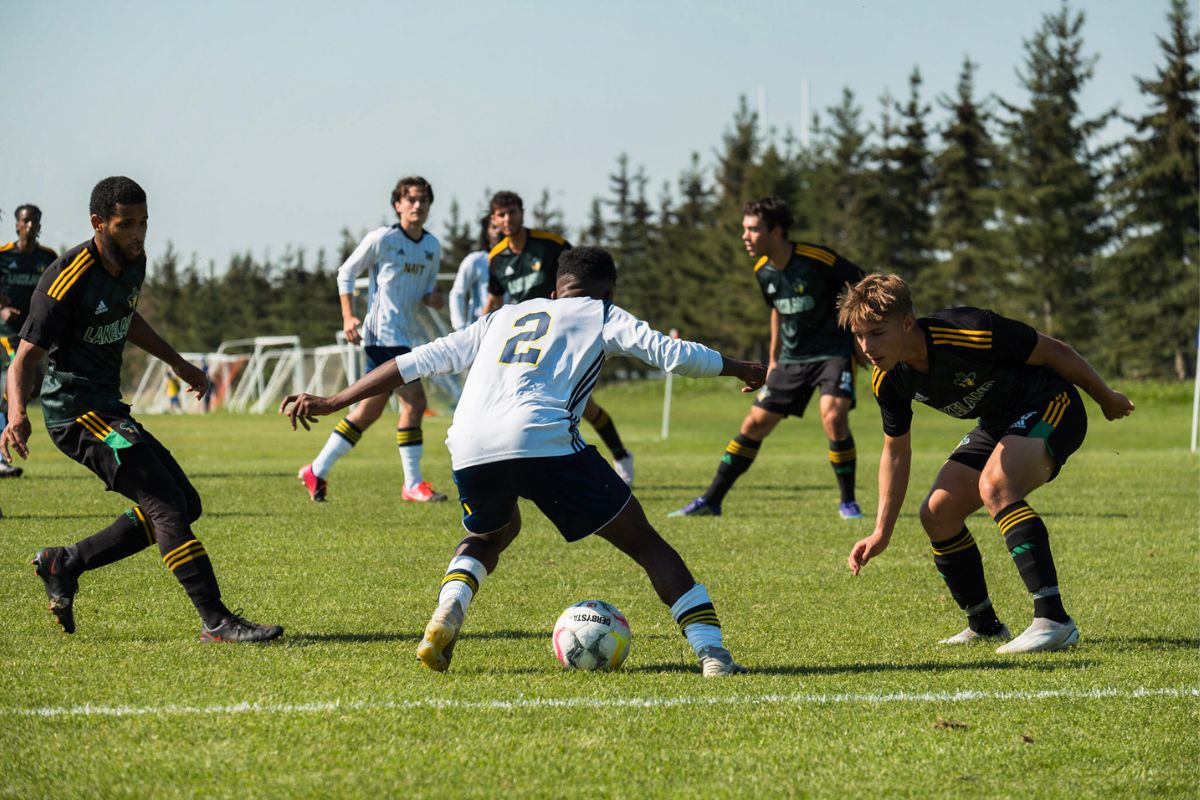Remembrance Day provokes similar reactions from many different people. While not everyone has a great-grandfather who fought in Vimy Ridge or grandmother who worked tirelessly to support the war effort, the underlying sentiment of serving a purpose above yourself resonates every Nov. 11. In its most mortal terms, Remembrance Day creates a window where we can look at the ideas our society values, and are worth valuing.
There are few poems that strike a chord more than In Flanders Fields, a standard of Remembrance Day commemorations. The famous poem written by Lt.-Col. John McCrae during the second battle of Ypres, Belgium in 1915, is profoundly beautiful in its concision. First published in the popular British magazine Punch over 100 years ago, the legend goes that McCrae wasn’t satisfied with the poem and threw it away shortly after writing it. If it weren’t for fellow soldiers who retrieved it afterwards, the poem would have been lost.
In 97 words, John McCrae went from military surgeon to perhaps the most famous poet in Canadian history. Not to mention knowing the origin of McCrae’s inspiration, which was presiding over his friend Lieut. Alexis Helmer’s funeral. These details make it especially harrowing. His short, 15-line breath above all else summarizes the complexities of war, service, and more important, why sacrifice is crucial, even to us today.
One hundred years later, the message that lives past John McCrae and those lives lost is a piece of art.
As psychologist Carl Jung said about these creative motivations: “Art is a kind of innate drive that seizes a human being and makes him its instrument.”
The artist then becomes in Jung’s own terms, “one who allows art to realize its purposes through him.” For a moment, McCrae became the instrument through which our most valiant and brave could speak frankly to us.
Take up our quarrel with the foe.
To you, from failing hands, we throw
The torch: be yours to hold it high
If ye break faith with us who die,
We shall not sleep, though poppies grow
In Flanders fields.
Not only does In Flanders Fields encapsulate the First World War scene, it also gives the reader a task – a call to action. Now, the call to action could mean various things depending on the individual. But at the heart of the matter, each person knows what torch they could be holding high, and what foe they need to quarrel with. While the words may not seem real on the page, spoken aloud on Nov. 11, the vital sense of urgency lingers.
McCrae juxtaposes two choices that lay in front of the reader. Action or passivity. While poppies still grow, what are you going to do with all the opportunity you have? It could so easily slip the values of our democracy, are we willing to stand up if they get lost?
Sure, there have been frivolous wars fought in the past and needless lives lost. But if messages are preserved this long and spoken to us annually on a day specifically carved out to remember the millions of meaningful lives sacrificed to uphold those values, there is no choice but to listen.
Hence the purpose of Remembrance Day. Growing up it didn’t impact me as much and besides our school celebration service I didn’t go to any formal Remembrance Day event. It’s only over time these things sink in.
Regardless of what you do Nov. 11, reflect on the poem and think about your life. Remembering what it means to live under these conditions keeps us levelheaded and humble, especially in this time of social unrest and identity.
John McCrae died of pneumonia before the First World War ended and didn’t come to see the tradition his work has inspired.
In Flanders Fields matters. If you don’t remember, they don’t rest.
– Michael Menzies, Senior Editor





